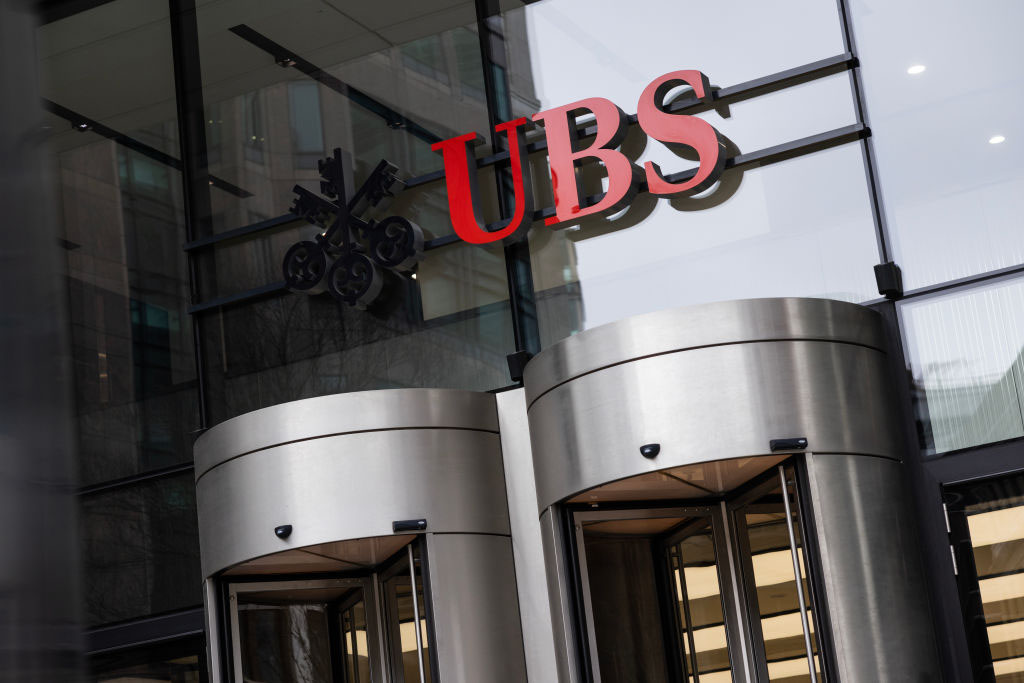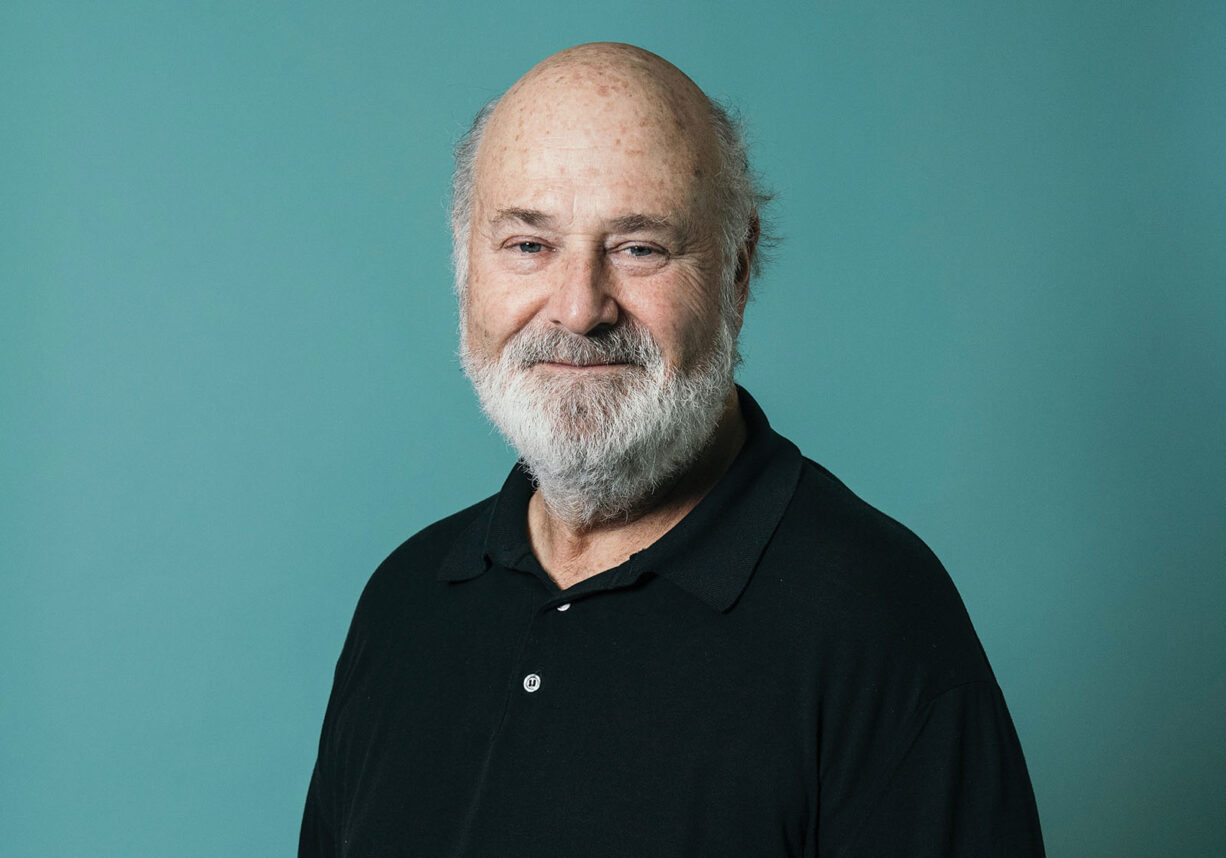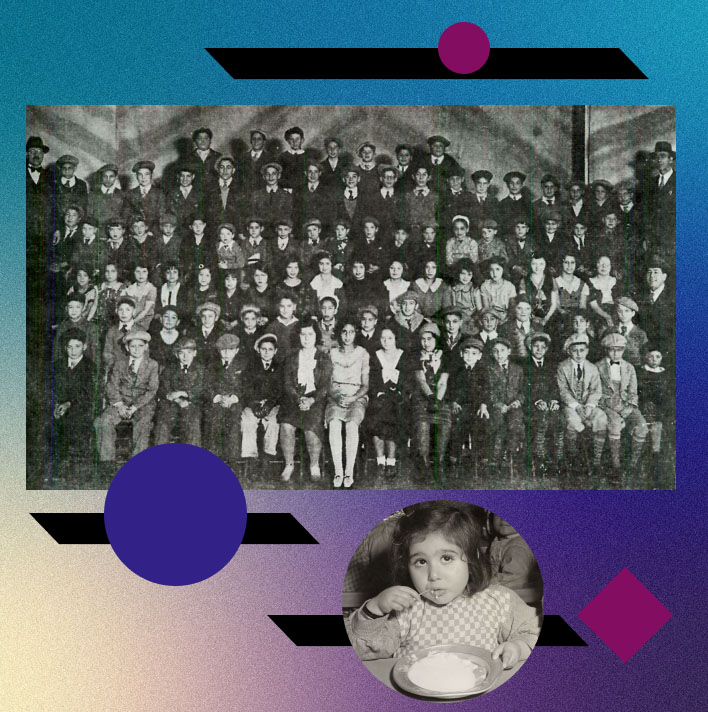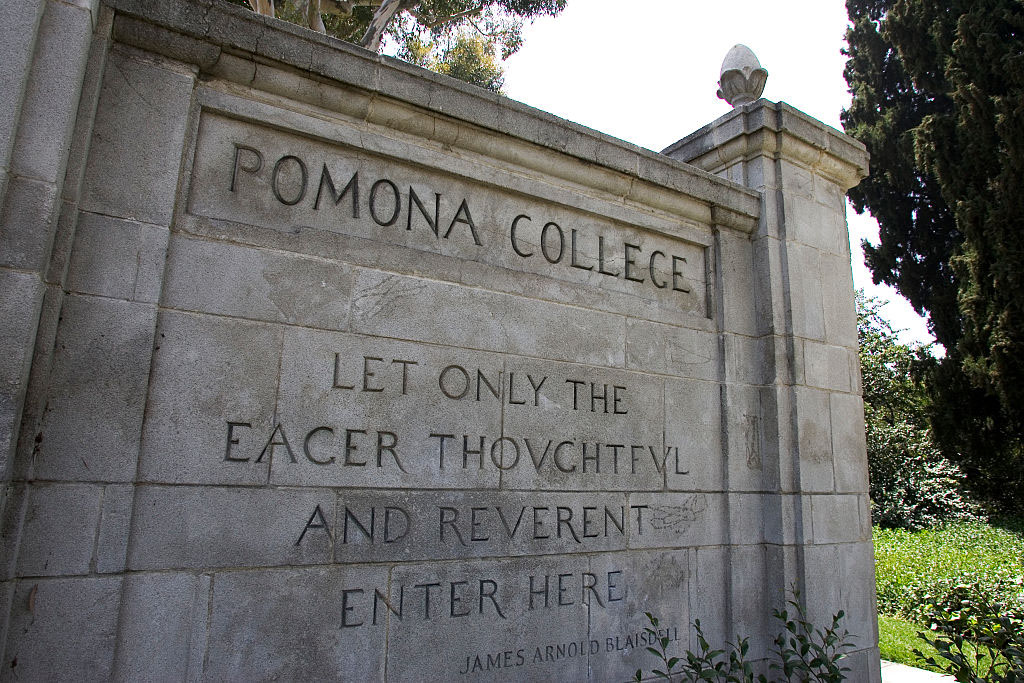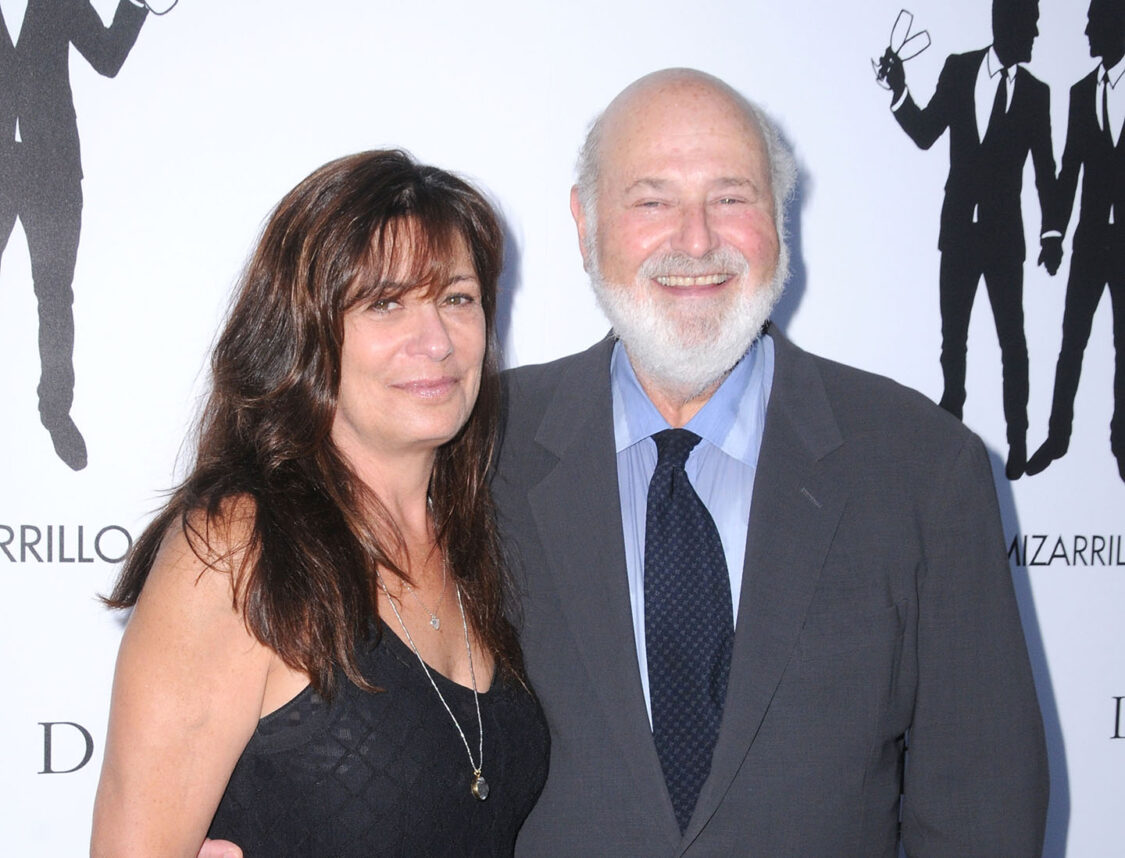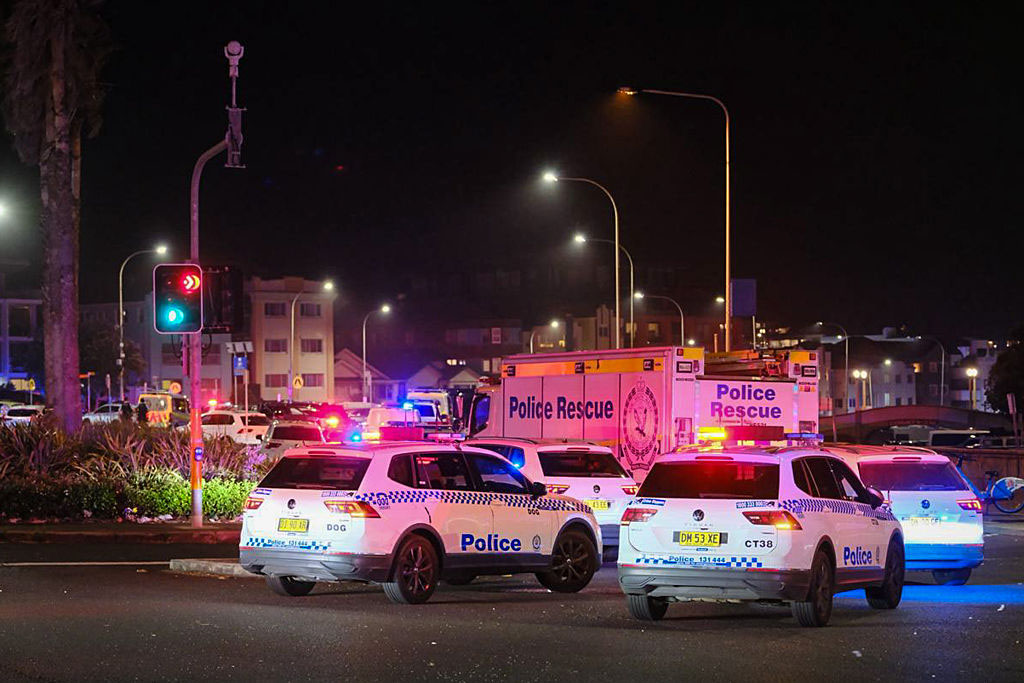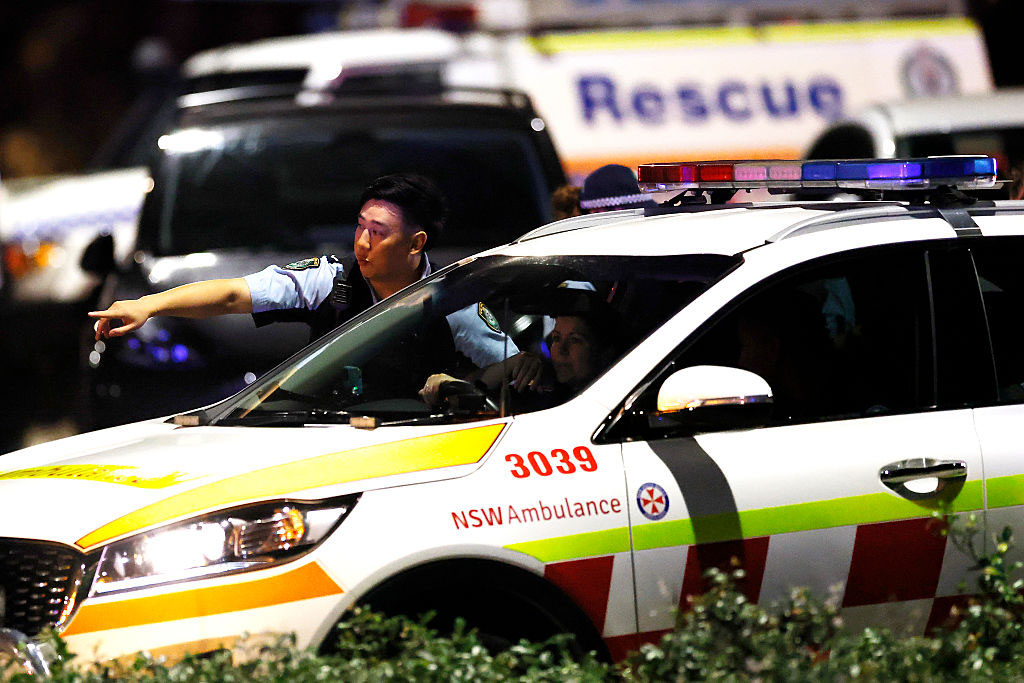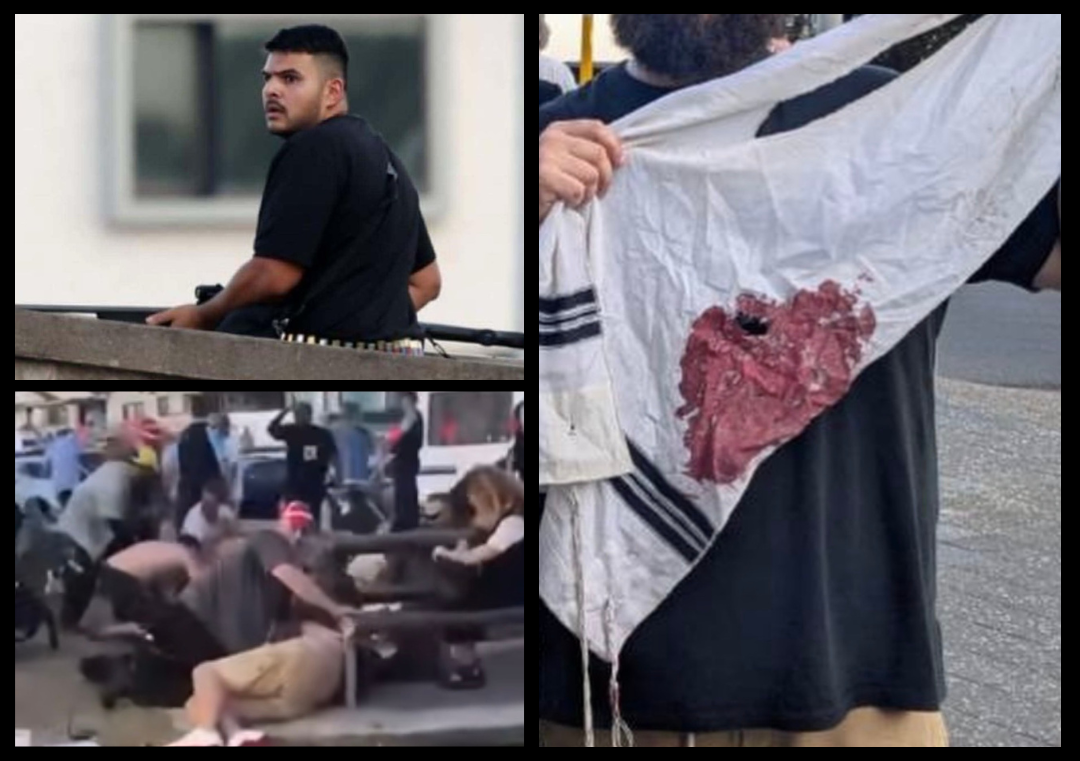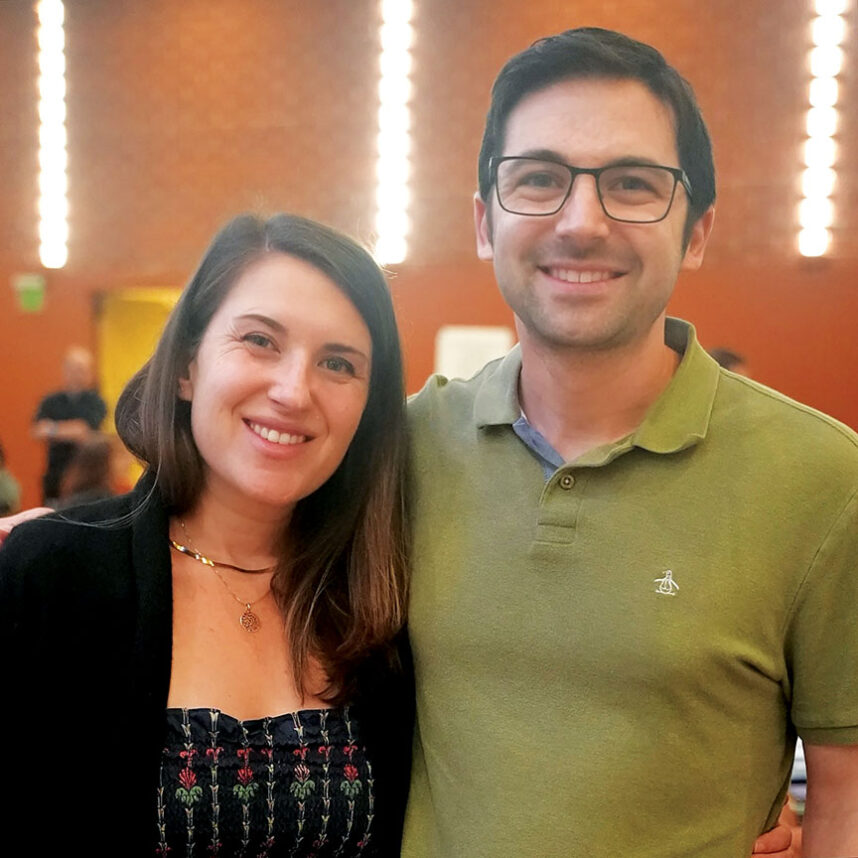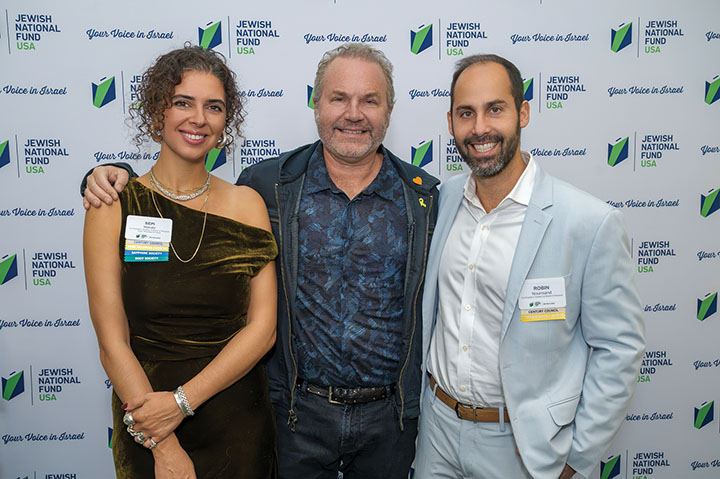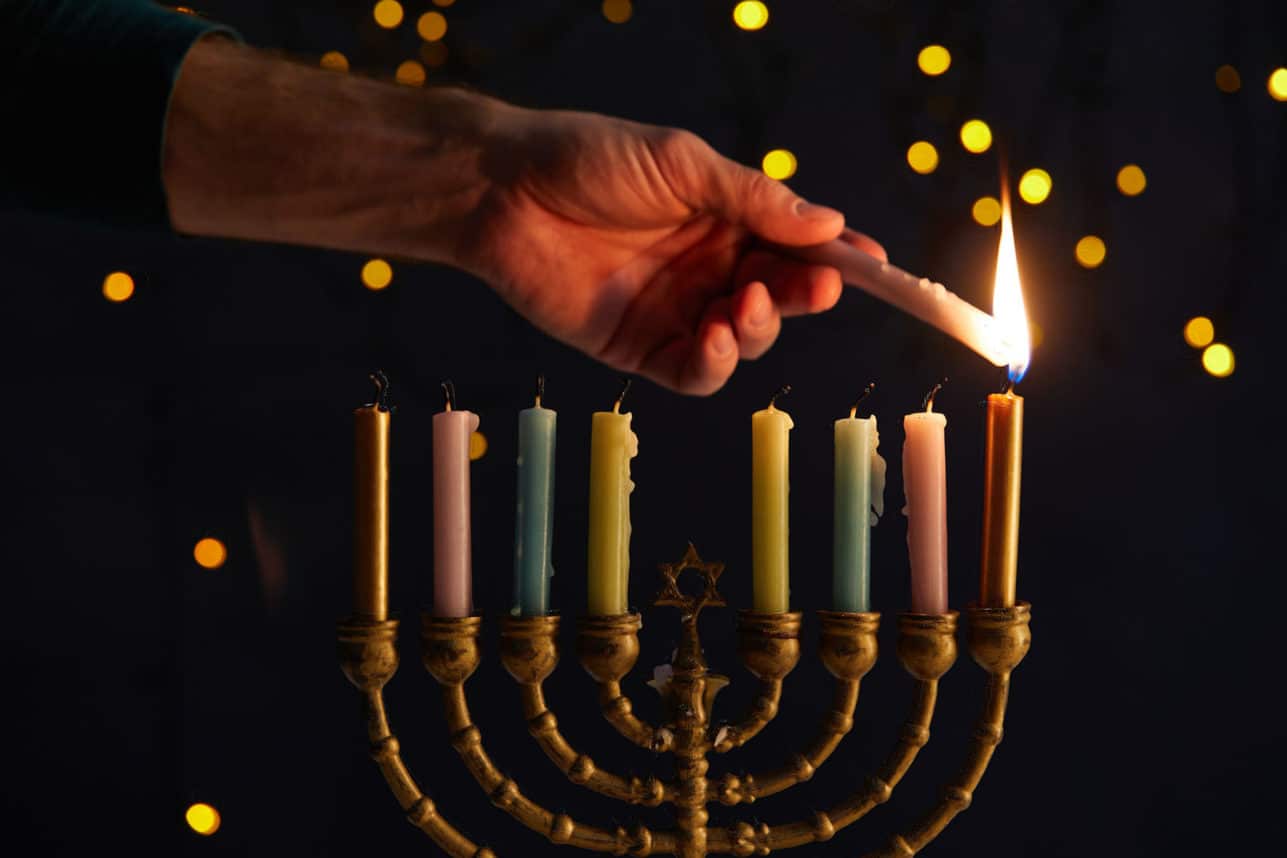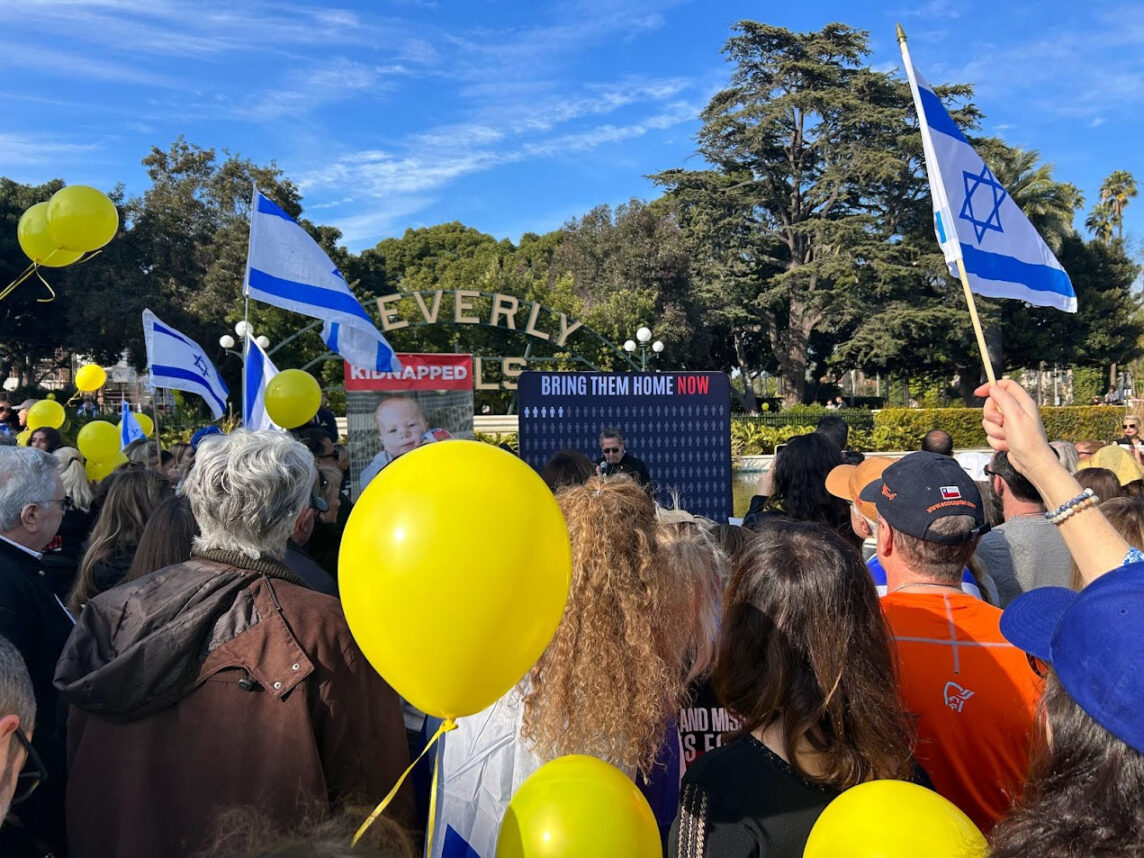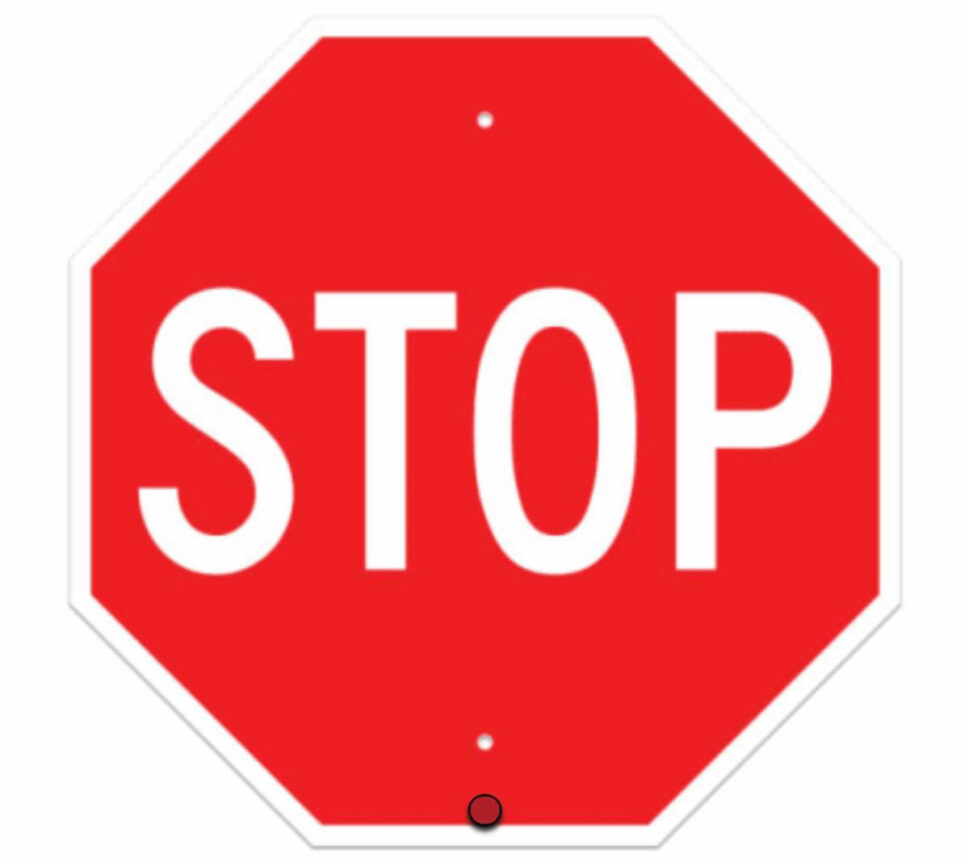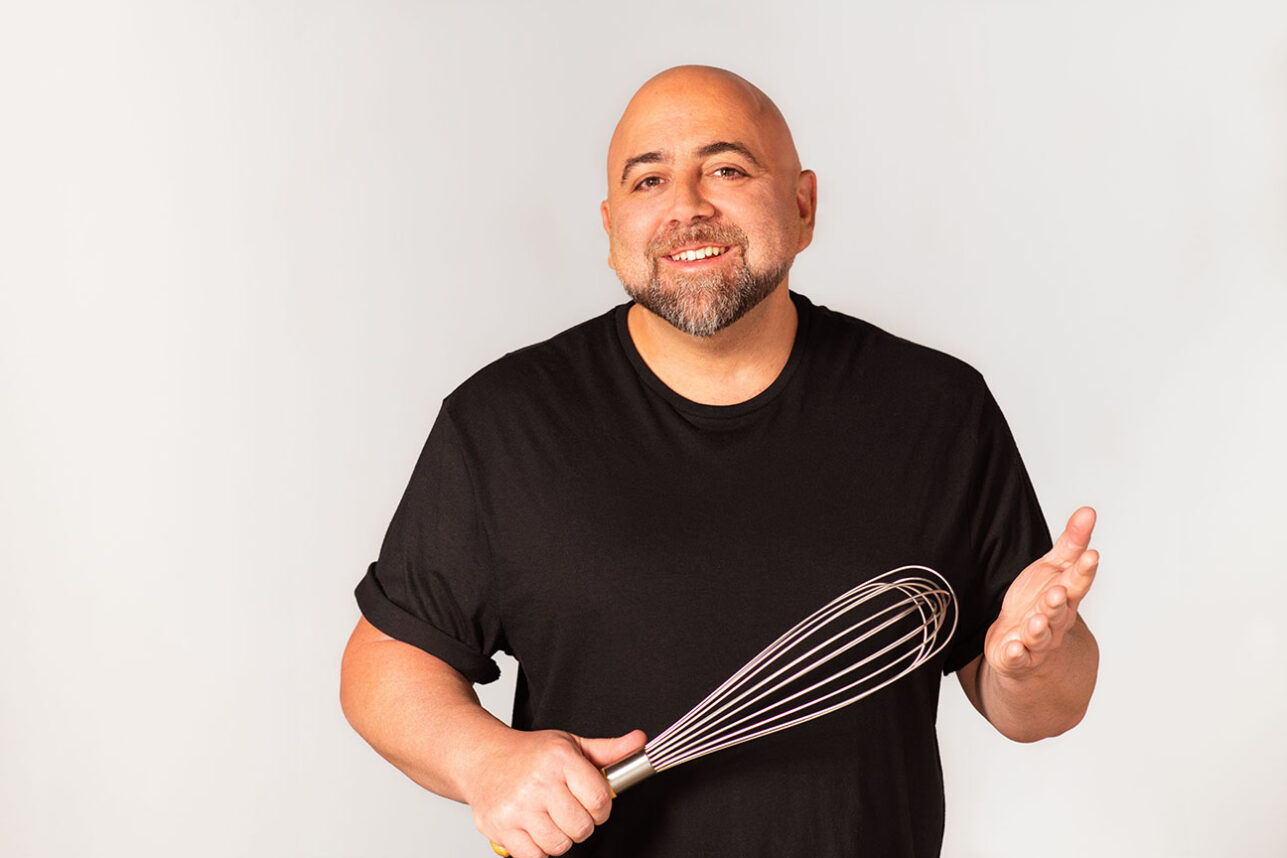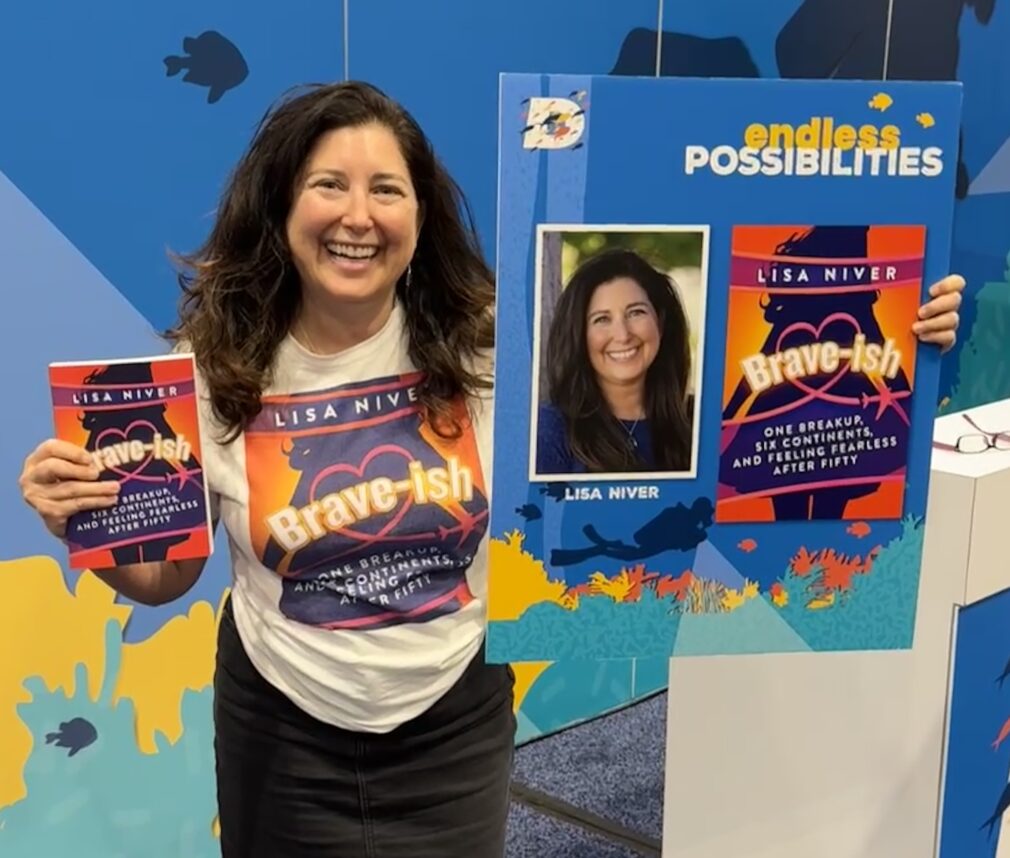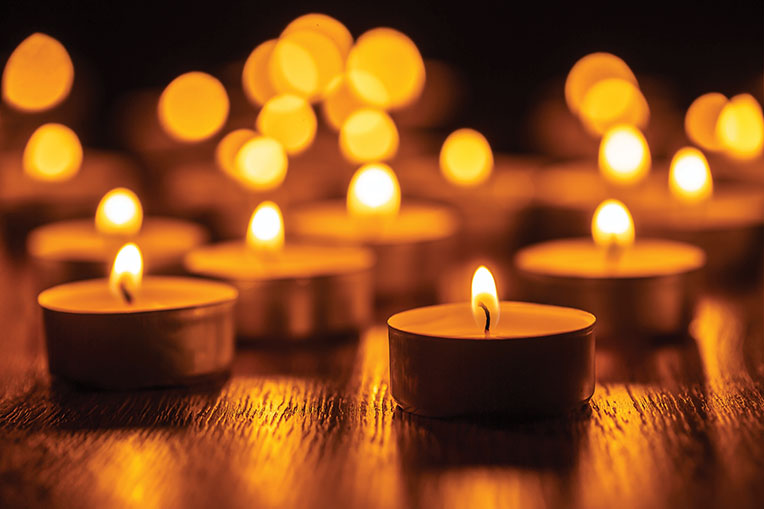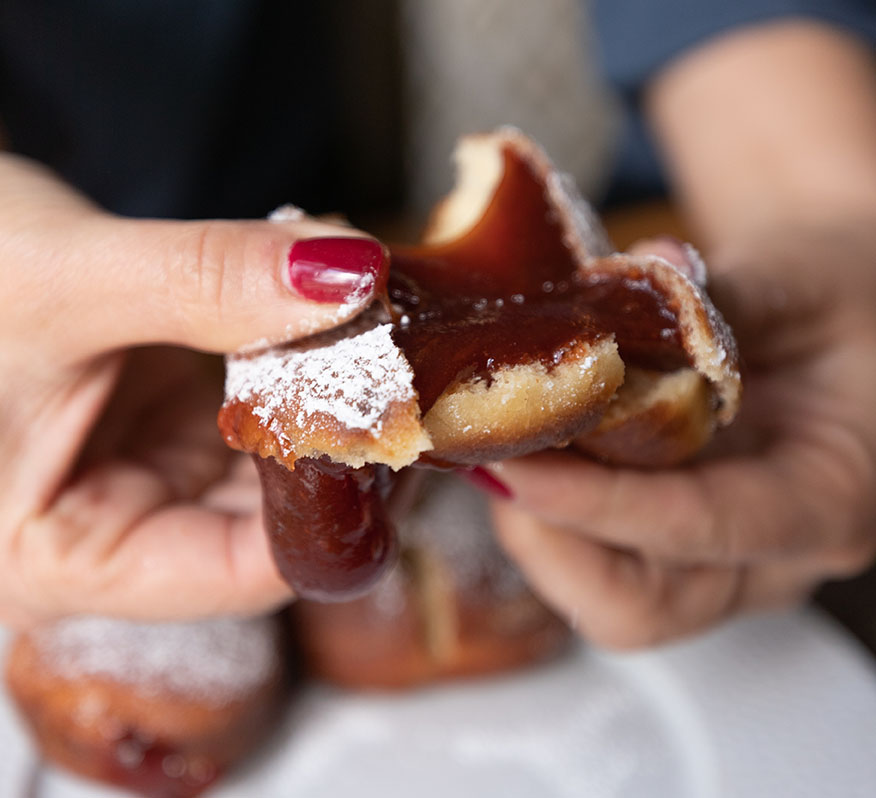Elie Wiesel was once famously asked whether Judaism has a tradition of silence. “Yes,” the author and Holocaust survivor answered. “But we don’t like to talk about it.”
Silence, of course, is paramount in the Jewish tradition. It is believed that during the time of the Temple, sacrifices were offered in silence, as a slight to pagan practice and their ritual incantations. Today, quiet comes in the form of silent prayer, anonymous giving, and in the image of God’s “still, small voice” — something not so much heard as felt.
“It is often more effective to fast with words than with food,” the renowned medieval rabbi Vilna Gaon said. “A fast of words, a struggle with silence, can teach us how often we misuse words.”
One of the great pleasures of the Oscar-nominated movie “The Artist” lies in how powerfully and well it tells a story without speech. In the early stages of production, many doubted that the antiquated form — a silent, black-and-white film set to a classical score — would find a voice amid today’s splashy, surround-sound spectacles. Modern audiences, it was thought, have become inured to grand, chattering distractions, unused to the quiet marvels of deep meditation. But the immediate and unabated success of this silent-era homage has softened the skeptics and restored the breadth of cinema to include its roots, reifying the timeless epigram, “Silence is golden.”
“Silence is a universal language,” Michel Hazanavicius, the film’s director, said on a recent afternoon over tea. “It’s like music or painting.”
And it is the absence of dialogue that cements the film’s focus on visuals — another kind of language that is without boundaries or borders and accessible across continents and cultures. “Words put you in your own country,” he said, making the point that the expressions we may think free us can actually be restrictive. “I think that when the talkies came, a lot of directors regretted that they had lost a utopia of universal language.”
Even before he set out to make “The Artist,” silence played a significant role in the director’s life. Hazanavicius’ parents and grandparents all survived the Nazi occupation of France by hiding in the French countryside. As a consequence, he did not grow up with a Judaism rich in the substance of experience and learning, but rather one rife with Holocaust-era scars and silence.
“My grandparents didn’t talk,” he said. After the Holocaust, there were “a lot of things that you can’t say. Some of [my relatives] came back from the concentration camps and they tried to say …” he began, but then became quiet. Perhaps from his native French to English, something was lost in translation. Or was the talk about religion and trauma too discomfiting?

“The Artist” director Michael Hazanavicius.
“In France, it’s really different the way you live. It’s a non-religious country,” Hazanavicius explained. “The public space is not religious; religion is a private thing.”
Not in Hollywood.
“Here, I know that there’s no problem. I mean, I’m not ashamed of being Jewish, but I am also not proud,” he said.
To be proud is to declare, but Hazanavicius grew up with the same silence about religion that decades earlier had saved his family from certain death. He spoke of how both his parents and grandparents had avoided the camps because they were political insiders; when whispered conversations became ominous, they fled. His grandparents felt they had no recourse but to protect their children by disavowing their Jewish identity. Hazanavicius recalled that his grandfather, a French resistance fighter, “told all his [Jewish] friends: ‘Don’t go register yourself as Jewish people. Don’t do it, just don’t do it. Don’t wear the yellow star.’”
The director’s Jewish inheritance taught him the power of things not said. How doubly ironic, then, that he would choose storytelling as a career – and that his big Hollywood break would come out of a passion for the old-school silents. Before “The Artist,” Hazanavicius was practically unknown, “a little starlet” in the world of directing French television commercials, though hardly a top-tier auteur. In France he was best-known for directing the “OSS 117” spy spoofs, with Jean Dujardin, who plays the movie star Valentin in “The Artist.” The jump from silly to serious was a stretch, especially when writing the script, which was more like “a short novel” with its pages full of photographs and sketches. Challenged by finite constraints, the artist broke through the bounds of his own creativity.
In other areas, he sticks to what he knows. Hazanavicius is fond of working with the same group of actors, for example, and he is not above nepotism. He cast his wife, Bérénice Bejo, in the first “OSS” film, “Cairo, Nest of Spies,” in 2006, and again in the role of the young starlet Peppy Miller in “The Artist.” Hazanavicius and Bejo share two children, in addition to two children from his first marriage. Not that he’s seen much of any of them lately — “I don’t speak to them!” he said, only half-joking — since “The Artist” producer Harvey Weinstein has kept him tethered to the Oscar promo-press tour.
Not one to complain, Hazanavicius said he is enjoying the ride — and the benefits of newfound fame. “Now I know beautiful actors and actresses are going to read a script if I send it to them — maybe — which was not the case before. So, in a way, [an Oscar nomination] opens doors. It extends the field of what’s possible.
“And for the ego?” he added, making a kittenish face — “it’s great.”
“It turns out that all the skeptics were wrong, and it was clever to do a silent movie in 2011, as an antidote to our modern plague of pointless chatter,” New York Times columnist Maureen Dowd wrote of the film. “If you take away the language, green screens and 3-D glasses, the feelings — pride, vanity, envy, fear, love — can be more primary and fascinating.”
Love, its own universal language, is richly woven into the tale without any poetry or pickup lines. In one scene, the young actress, Peppy Miller slips her arm into the jacket of the movie star Valentin, the man she loves, and caresses herself inside of it as a substitute for a kiss. Later, a tap dance becomes a stand-in for sex. It is a love deeply felt, but never articulated with classic mechanisms of consummation.
“I think the lack of sound is kind of a frustration,” Hazanavicius said. “And I think the lack of kiss is a frustration as well. It was cool to make a love story with no kiss.”
As the poet Wallace Stevens wrote, “… [N]ot to have is the beginning of desire.”
In “The Artist,” it is the desire to stay relevant that prompts the central character to grow. As silent film fades and gives way to talkies,Valentin must adapt or lose everything. Transformation becomes vital to his survival.
“I think all the history of the Jewish people is about adaptation,” Hazanavicius said. “Because for so many, so many [thousands of] years, they were a people that didn’t have any country, so they had to adapt themselves to protect themselves.”
“The Artist” and the Exodus share a modern, moral message.
“How do you continue to be what you are, but also live with other cultures?” Hazanavicius asked. “That’s the bipolar issue of being Jewish.”
Enough said.









